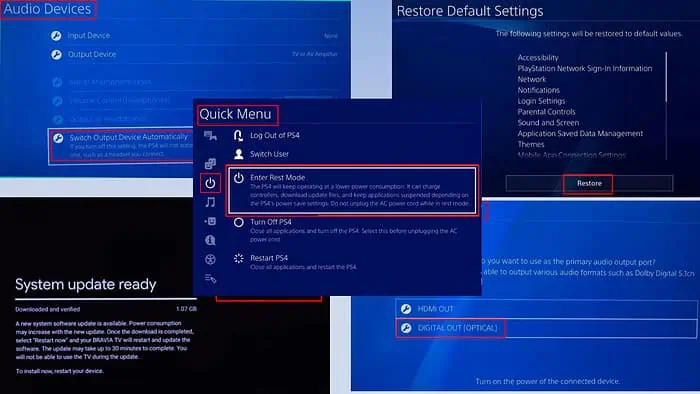
To expand access to care for patients, Cleveland Clinic has added Ayble Health, an AI-enabled digital care platform, to its multidisciplinary care model for the treatment of chronic digestive diseases. Cleveland Clinic and Ayble Health co-developed care pathways and behavioral health content that is now available on the virtual care platform. The Ayble Health care platform includes the following: Brain-gut programs, including guided audio content on mindfulness, hypnosis, meditation, cognitive behavioral therapy, and breathing techniques.
Personalized nutrition support to find and remove trigger foods, a food barcode scanner and a comprehensive groceries database. AI-powered wellness tools to help manage and track symptom progress, and a virtual care team that coordinates with Cleveland Clinic providers. Once a patient enrolls in Ayble Health, a personalized care plan is recommended following a virtual visit and questionnaire.
Individuals can go at their own pace and also connect with Ayble Health's virtual care team to help with education and goal setting. Patients continue to consult their Cleveland Clinic providers as needed for evaluation and treatment. Cleveland Clinic's patient-centered approach goes beyond the disease itself to provide care for the whole person, which can include behavioral health and nutrition support for patients with chronic digestive diseases.
" Miguel Regueiro, M.D., Chief of Cleveland Clinic's Digestive Disease Institute Dr.
Regueiro's primary clinical and research interest is inflammatory bowel diseases (IBD). His focus on patient-centered care and population-health for chronic diseases led to a new model of healthcare delivery called medical home for IBD, which has been expanded to treat other gastrointestinal conditions. "The addition of an AI-enabled virtual care platform to Cleveland Clinic's medical home model expands access to behavioral health tools and personalized nutrition support for patients with chronic digestive diseases," said Dr.
Regueiro. Sam Jactel, CEO and Founder of Ayble Health, said: "We are thrilled to work with Cleveland Clinic's Digestive Disease Institute to expand access to multidisciplinary gastrointestinal care for patients. The combination of Ayble Health's award-winning virtual care platform with Cleveland Clinic's medical home model of gastrointestinal care is the kind of holistic, evidence-based, comprehensive care I wish I had access to when I was diagnosed with IBD 10 years ago.
" Related Stories High-fiber diets transform gut microbiome, improving health across multiple diseases COVID-19 increases chronic fatigue risk Genetic risk factors for long-COVID uncovered in a large multi-ethnic study "Research has shown that people's worry about symptoms, stress, anxiety and thoughts can exacerbate symptoms of chronic digestive diseases. The changes that patients need to make to manage their condition are hard," said Stephen Lupe, Psy.D.
, gastrointestinal psychologist and Director of Behavioral Medicine in Cleveland Clinic's Department of Gastroenterology, Hepatology, and Nutrition. Dr. Lupe worked with Ayble Health to develop the behavioral health content and care pathways available on the virtual platform, including recorded audio and written content that guide patients through hypnosis, relaxation, exercises consistent with cognitive behavioral therapy, acceptance and commitment therapy, as well as mindfulness meditations.
"Whether in-person or virtually, I work with my patients on developing strategies and behavioral skills to help improve their quality of life and decrease the symptoms of digestive diseases, including anxiety and worry about symptoms," said Dr. Lupe. "There is no one - size - fits - all approach to the treatment of chronic digestive diseases, so we developed a program that can adapt based on an individual's needs.
" According to the National Institute of Health (NIH), 61% of Americans report experiencing a gastrointestinal issue at least once per week, but access to specialists is limited. A shortage of 1,600-2,000 gastroenterologists is predicted by 2025, and fewer than 150 gastrointestinal - specialized psychologists are practicing today for 70-90 million patients with gastrointestinal issues. Ayble Health was built on 20 years of research, including 14 peer-reviewed studies published with academic partners in leading GI journals; it is accredited by the American Nutrition Association and the Validation Institute.
Based on peer-reviewed studies, Ayble Health reports that the majority of individuals who use the platform experience symptom reduction. Cleveland Clinic.














